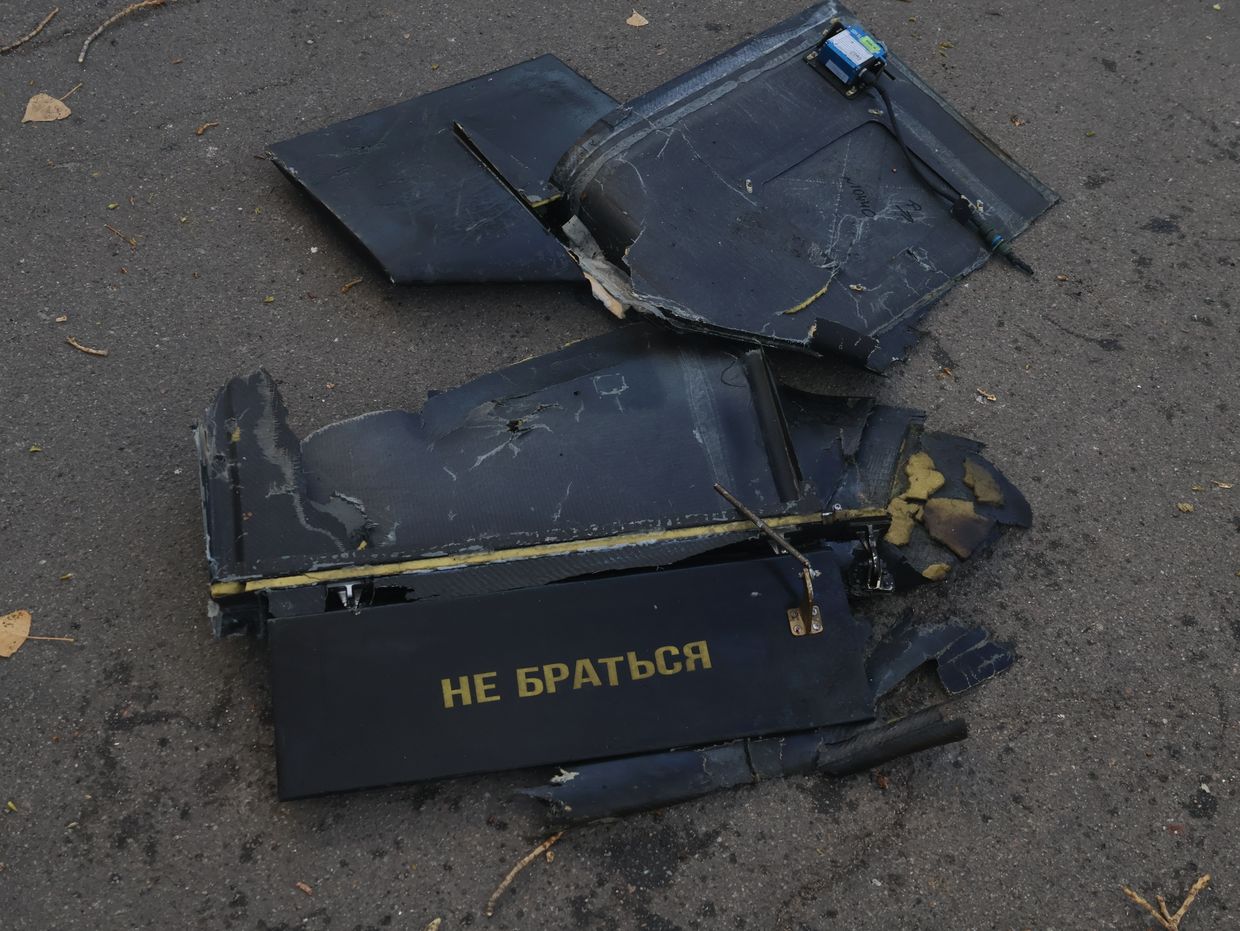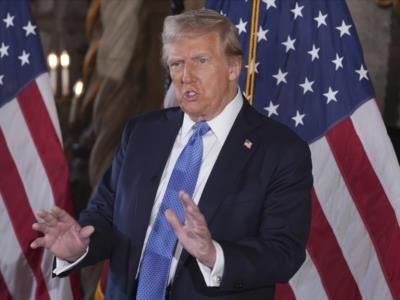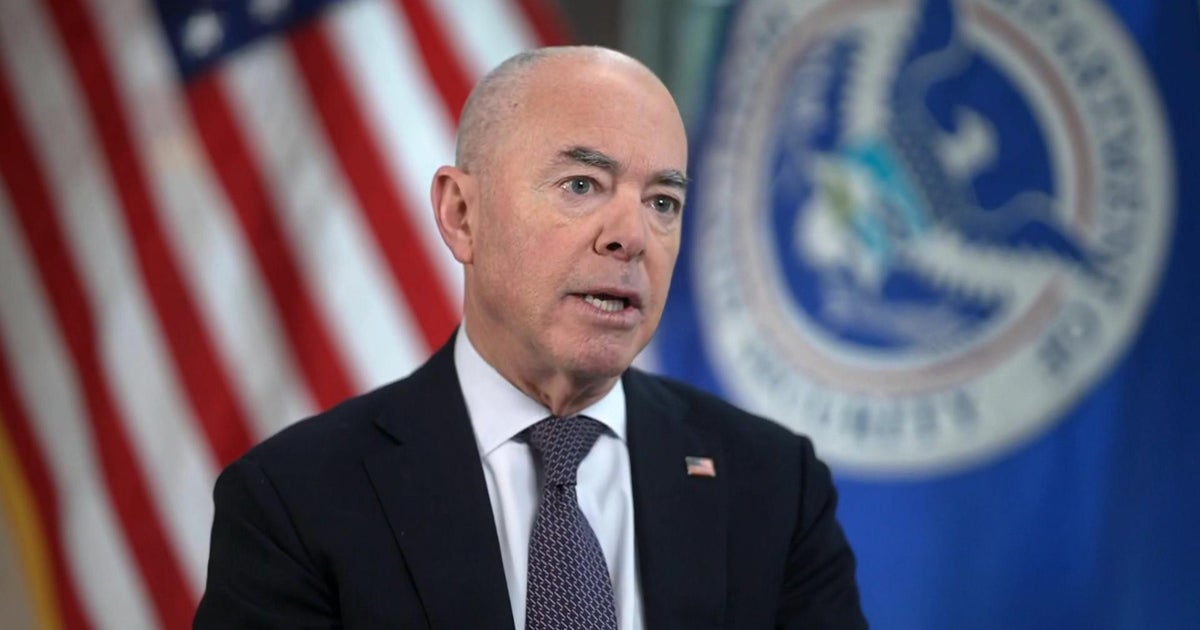Funding for the World Trade Center Health Program covering medical expenses for first responders and survivors suffering from 9/11-related illnesses is in jeopardy after it was stripped from the national spending plan to prevent a government shutdown, the Daily News has learned.
As House members scrambled to pass a stopgap spending plan Friday, lawmakers removed legislation that would have fully funded the World Trade Center Health Program through 2040, outraged 9/11 advocates said.
A measure that would have drastically reduced the proliferation of lithium-ion battery fires by setting national safety standards for the rechargeable batteries was also removed from the spending package.
Both measures were pulled before they could be brought to the floor for another vote Friday after President-elect Donald Trump’s insistence on including a debt limit increase had failed. The House eventually voted to approve the spending package — but without the 9/11 and lithium batteries bills.
Brandon Bell/Getty Images
Elon Musk (r.) speaks with President-elect Donald Trump. (Photo by Brandon Bell/Getty Images)
The decision to not fund the World Trade Center Health Program will have dire consequences for those still sickened by the toxic soup that hung over Ground Zero for weeks — and force an army of dying first responders and survivors to march on Washington as they did when they fought for the creation of the program, said Benjamin Chevat, executive director of Citizens for the Extension of the James Zadroga Act.
“We wanted to avoid the need to have sick and injured responders from having to walk the halls of Congress to get this done again, but we may be forced to ask them to come to return, just as they did 14 years ago to get the original bill passed and that is a shame,” Chevat said. “We know that [House] Speaker [MIke] Johnson and New York Republicans were committed to dealing with the impending service cuts to injured to 9/11 responders and survivors, but (recent) events stopped their effort as it approached the finish line.”
Without the financial boost the legislation would have provided, the Health Program would have to undergo drastic budget cuts by 2027 as it faces rising medical costs and an uptick in 9/11 survivors coming down with cancers and other illnesses directly related to their time at Ground Zero, Chevat said.
Both Republicans and Democrats agreed to fund the program, but Trump put the kibosh on the national spending plan it had been added to, destroying weeks of careful negotiations spearheaded by New York Sen. Charles Schumer and other legislators.
“Sen. Schumer worked across the aisle to successfully secure permanent funding for the 9/11 first responders health program in the original bill Republicans put out Wednesday,” Schumer spokesman Angelo Roefaro said. “Now, at the very last minute, at the behest of Musk and Trump, Republicans have stripped it out.
“The senator will work to find another opportunity to get it done — and ideally that will be an effort Republican members of Congress work with him on.”

New York Sen. Kirsten Gillibrand said she was “deeply disappointed” by the decision to exclude the World Trade Center Health Program in the government funding bill. “9/11 responders and survivors are real people, not political chess pieces,” Gillibrand said in a statement. “Thousands of Americans risked their lives to protect our country in its darkest hour, and it is now our responsibility as members of Congress to be there for them as they continue to battle the horrific health ramifications from that day and the many days after.”
John Feal, a 9/11 first responder who took part in the many marches on Washington to demand the creation of the Health Program, blamed Trump and Elon Musk for the legislation’s removal from the spending plan.
“You cold callous reckless colossal out of touch insensitive monsters,” Feal wrote on Facebook Thursday. “@SpeakerJohnson and the @GOP you are all weak and pathetic. You should have left us alone!”

The World Trade Center Health Program was created in 2011 as part of the James Zadroga 9/11 Health and Compensation Act. It initially was supposed to run for five years but was extended until 2090 as more people came down with 9/11 illnesses.
As of September, more than 130,000 first responders and survivors have enrolled in the World Trade Center Health Program. Just over 7,000 people enrolled this year alone, according to the program’s website.
The program, as well as the 9/11 Victims’ Compensation Fund were extended to provide lifetime care for the heroes and victims of 9/11, officials said. Yet the initial funding the program received couldn’t keep up with its extended mandate.
Also removed from the spending package was the Setting Consumer Standards for Lithium-Ion Batteries Act, which would have allowed the federal Consumer Product Safety Commission to create national safety standards for lithium-ion batteries, enforce the standards, and issue recalls for batteries that don’t pass muster.

On Wednesday, FDNY Fire Commissioner Robert Tucker called the legislation a game changer that would ultimately help reduce lithium-ion battery fires in the city.
“The missing piece was the federal component,” said Tucker, who added there are already state and city safety standards regarding lithium-ion batteries. “We know this legislation, once signed into law, will save lives. [It] will help prevent unregulated and uncertified batteries from entering the country, and New York.
“We all know how little it matters if something is illegal in New York City when you can get it across the bridge in New Jersey,” he said.
Since 2019, more than 900 fires in New York City have been caused by lithium-ion batteries, which have injured more than 500 people and resulted in nearly three dozen deaths.
Originally Published:
















